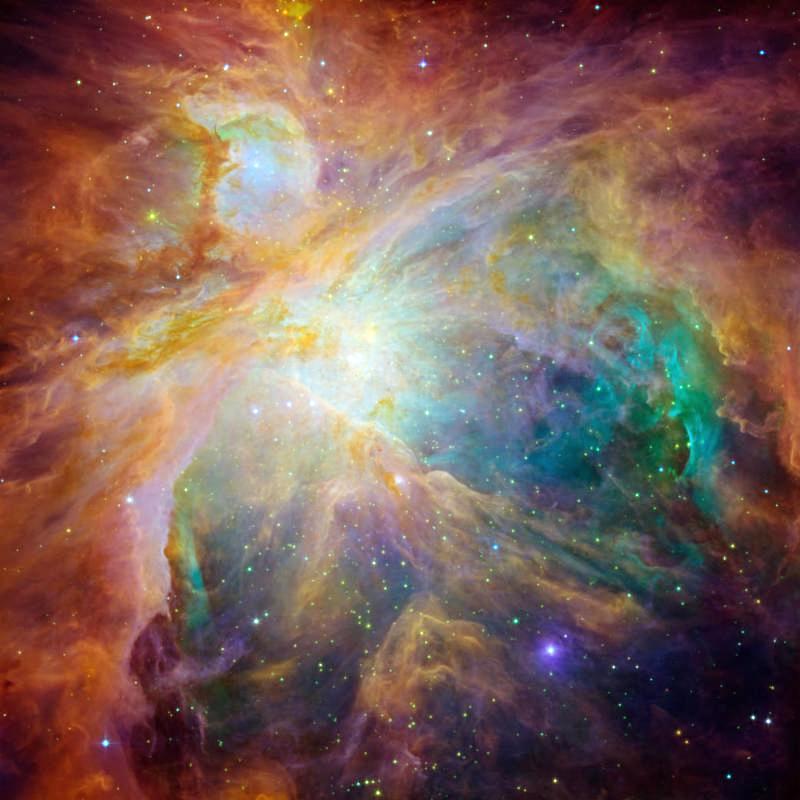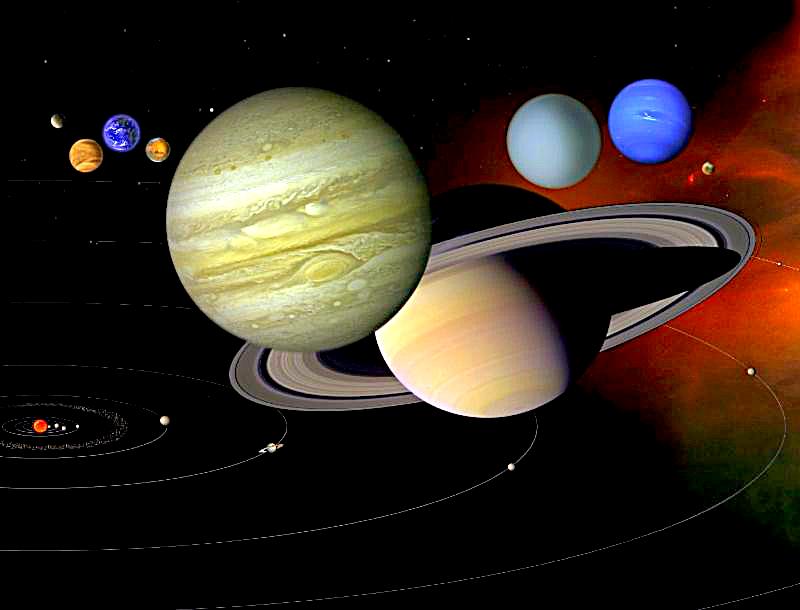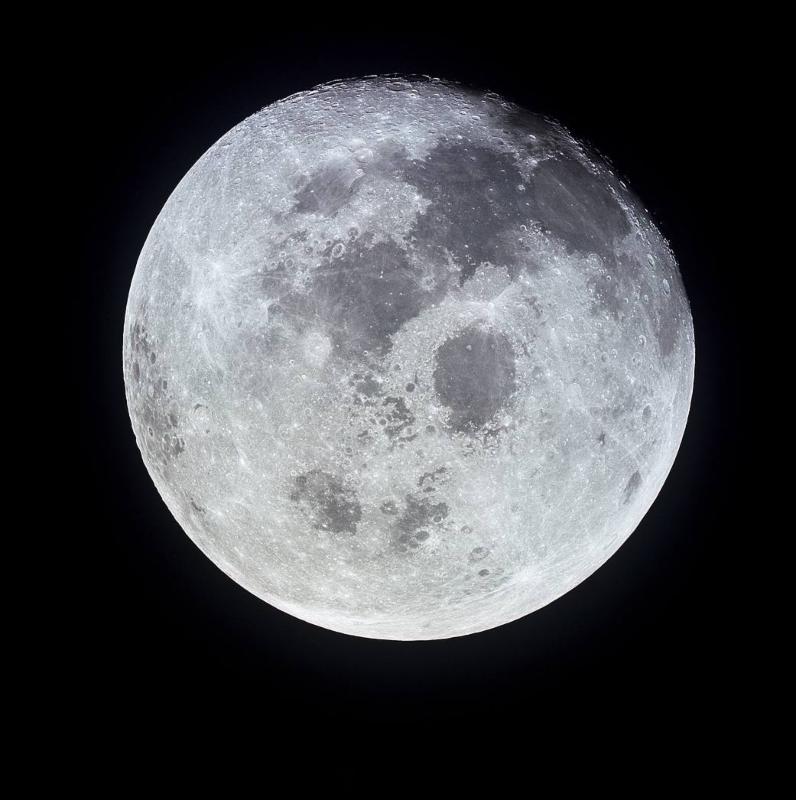For everyone Astronomy Picture of the Day, Astronomy is full of pretty pictures. This site also has a calendar so you can check yesterday's or last year's images, or search for pictures of specific objects. Each description also includes links if you want to learn more about that object / picture. https://apod.nasa.gov/apod/astropix.html EarthSky, updates on the cosmos; astronomy news; sky events to look for; etc. I find their articles easy to understand. I've used their graphics in my posts too. https://earthsky.org/ Gotta stay healthy while you are in space! A document on Space Nutrition https://www.nasa.gov/centers/johnson/pdf/669816main_Space%20Nutrition.pdf Spot the Station: looking for International Space Station in the night sky. Put in your zip code, click on a locator icon near your home, then click on “View sighting opportunities.” https://spotthestation.nasa.gov/ Spaceweather, a website to explore the Sun-Earth system. Includes daily pictures of the Sun and aurora predictions. https://www.spaceweather.com/ Space.com, astronomy news https://www.nasa.gov/ NASA, they are currently accepting applications for the next astronaut class! Plus there is news, activities, links to missions, and so much more. https://www.nasa.gov/ Infiniscope, Use real NASA data as you do exploratory activities. This site makes the vastness of space and space exploration inviting, accessible, and interactive for educators and learners of all ages. Infiniscope provides a virtual space to connect users to cutting edge space exploration experiences that inspire curiosity, excitement, engagement, and confidence. https://infiniscope.org/ Explore the sky! Stellarium is a FREE planetarium program. You can set it for any location on Earth, any time of day. Click on objects to find out their names. It even has constellation figures from different cultures. http://stellarium.org/
 For Younger explorers and Elementary Grades For Younger explorers and Elementary Grades
NASA’s Space Place, information and activities, geared towards young people, but written so all ages (adults too!) can understand ideas https://spaceplace.nasa.gov/ SciJinks: It’s all about the Weather (sponsored by NOAA) SciJinks features information, illustrations, and learning tools for Storytime from Space, Astronauts aboard International Space Station reading picture books https://storytimefromspace.com/ My Sky Tonight, activities for Preschool / early learners from the Astronomical Society of the Pacific. https://astrosociety.org/education-outreach/early-learners/my-sky-tonight.html
 For Middle and High Schoolers For Middle and High Schoolers
Khan Academy has a Cosmology & Astronomy section. https://www.khanacademy.org/science/physics/cosmology-and-astronomy?fbclid=IwAR3GexU3_uKAsQYod4AGZlTpQ3DnzgiLDvS0v0dgeXrz0udjjpO7U7KKxRo
Latest earthquakes from USGS https://earthquake.usgs.gov/earthquakes/map/ Zooniverse zooniverse.org, citizen science projects including Galaxy Zoo (classifying galaxy pictures) and Star Notes (transcribing notes from some amazing, early female Astronomers.) There are also citizen science projects in other disciplines like Arts, Literature, and Medicine. Podcasts from NASA’s Johnson Space Center https://www.nasa.gov/johnson/HWHAP Your Weight on Other Worlds. You probably have a good idea of how much you weigh. But what if you were to go to a different planet? https://www.exploratorium.edu/ronh/weight/ National Radio Astronomy Observatory. Radio telescopes on Earth look at the sky in a wavelength different from what we see with our eyes, and that opens up a whole new level of wonder and information. Multiple radio telescopes and also work together as if they were one giant telescope. Explore NRAO’s website for galleries of pretty pictures, information on the different observatories they operate around the world, and news about discoveries they are making. https://public.nrao.edu/
| 

 Explore the Universe
Explore the Universe For Younger explorers and Elementary Grades
For Younger explorers and Elementary Grades For Middle and High Schoolers
For Middle and High Schoolers